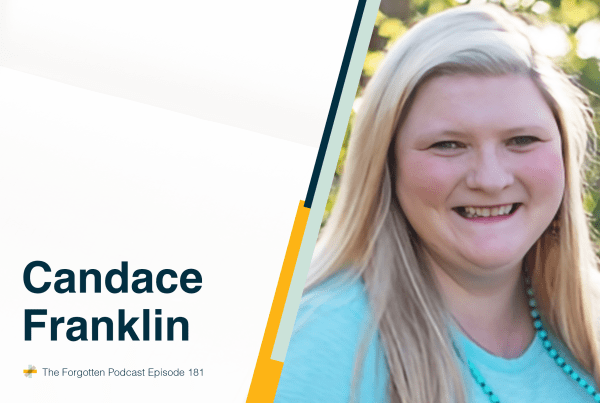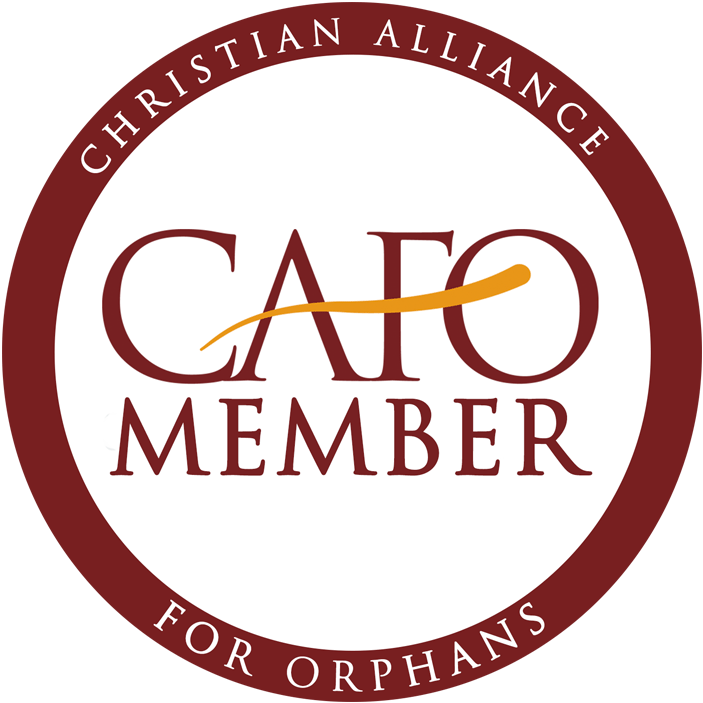
Many agency workers who serve the foster care community choose this path out of a passion for helping others. But transitioning into this challenging career can often be a very overwhelming experience. Even when workers are doing their best, they can start to feel like they’re not doing enough and that they don’t have a support system to fall back on in their times of need.
Brian Gazdziak is a Licensed Clinical Social Worker as well as a foster and adoptive dad. He has spent years providing specialized mental health therapy to help people, such as those in the foster care community, cope with life challenges. As someone who has experienced foster care from the perspective of both an agency worker and a foster parent, Brian has unique insights and empathy surrounding the topic of these complex relationships.
In this episode, Brian shares what it’s like to work with children and families directly, how churches can provide much-needed support to foster care workers, how to build a better relationship with case workers, and so much more.
TAKEAWAYS FROM TODAY’S CONVERSATION:
1. A career in social work can be unpredictable.
When Brian went through training to provide mental health aid for foster care families, he had a certain expectation of what his work would look like. But when he actually experienced the responsibilities as an in-home therapist firsthand, he realized that the role entailed more crisis intervention and hands-on assistance than he had anticipated. He also learned more about the real challenges that foster families are facing while caring for children.
“You can talk about all those things in class, but until you’re in it, you don’t really know. Being able to have boots on the ground and be in their home environment was really eye-opening for me.”
2. Foster care workers need our support.
Churches are often working to meet the needs of many in the foster care community. But one key group we can’t forget about is the workers. They are on the front lines doing their best to help vulnerable families overcome challenges and heal, but these jobs can take an emotional toll, which is often why these roles have such a high turnover. Churches can make a big positive impact on the foster care community by choosing to support, uplift, and encourage workers.
“I think a lot of people don’t know that those opportunities exist—to buy pizza for an agency once a month or write encouraging letters to a worker—they just don’t know that’s a need.”
3. Communicating with your caseworker is key.
When you step into the role of providing care for a child in foster care, there are times when you may feel frustrated with the worker(s) assigned to your case. In these situations, it’s important to hold grace for these professionals and recognize that there are a lot of challenges they are likely facing as well. Communication is the solution that will help both parties work together in the most effective and healthy way.
“You’re all working together with the same goal, which is to make sure that that child, from the time they enter your home to the time they exit your home, is happy and healthy and loved and successful.”

Meet Our Guest
Brian Gazdziak is a Licensed Clinical Social Worker with years of experience serving the foster care community. He holds a Bachelor’s degree from MacMurray College and a Master’s from Dominican University, both in the study of Social Work. After earning his education, Brian worked for 4 years at a specialized foster care agency before moving into a role as a mental health therapist at Springfield Clinic. After 9 years, he rose to his current position as Operations Manager for the clinic’s Mental Health Therapy program. Born and raised in Chicago, Brian currently resides in Springfield, IL with his wife of 14 years, Robyn, and four children, one who is adopted and another who is placed with their family through foster care.
Get encouragement and updates in your inbox.
Be the first to know about new episodes, posts, resources, and stay in the loop about what’s coming up.
Other Episodes You Might Enjoy:










